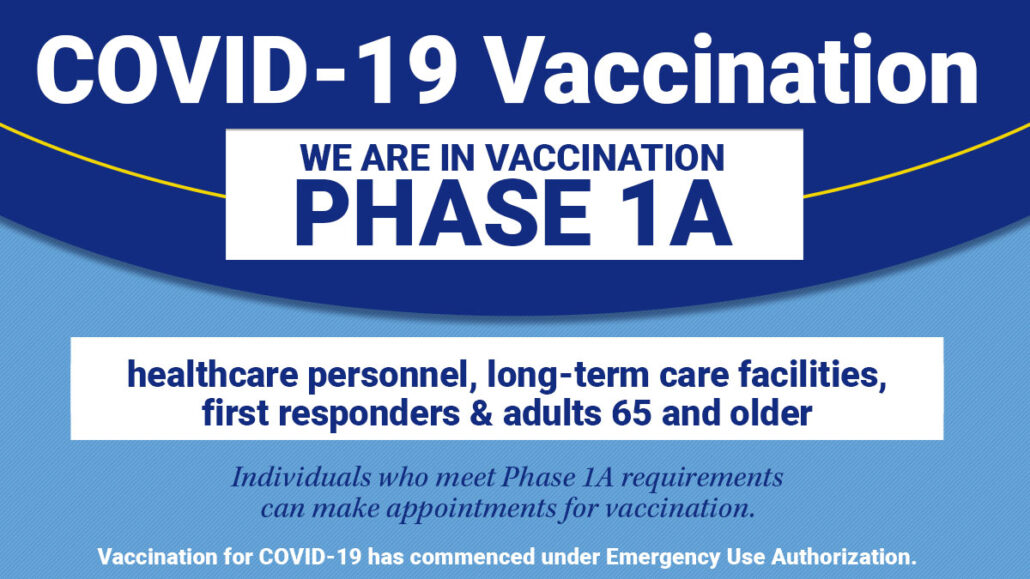How do COVID-19 vaccines compare with other existing vaccines?
The novelty of the COVID-19 vaccines may seem daunting for some, and it is natural for questions to arise on their effectiveness. In this feature, we examine the difference between effectiveness and efficacy, compare the COVID-19 frontrunner vaccines to other vaccines, such as the flu shot, and compare their safety considerations.
All data and statistics are based on publicly available data at the time of publication. Some information may be out of date. Visit our coronavirus hub and follow our live updates page for the most recent information on the COVID-19 pandemic.
As Pfizer/BioNTech roll out their COVID-19 vaccine throughout the United Kingdom and the United States, the world wonders how effective it will be.
Looking at the three leading vaccines that we have previously reported on, Pfizer/BioNTech boasts 95% efficacy, the Oxford/AstraZeneca vaccine candidate has an average of 70% efficacy, while the Moderna vaccine candidate reportedly has 94.1% efficacy.
Effectiveness vs. efficacy — what is the difference?
Firstly, it is worth noting that “effectiveness” and “efficacy” are not the same. Despite news outlets frequently using them interchangeably, efficacy refers to how a vaccine performs under ideal lab conditions, such as those in a clinical trial. In contrast, effectiveness refers to how it performs in the real world.
In other words, in a clinical trial, a 90% efficacy means that there are 90% fewer cases of disease in the group receiving the vaccine compared with the placebo group.
However, the participants chosen for a clinical trial tend to be healthier and younger than those in the general population, and they generally have no underlying conditions. Furthermore, researchers do not normally include certain groups in these studies, such as children or pregnant people.
So, while a vaccine can prevent disease in a trial, we might see this effectiveness drop when administered to the wider population.
However, that is not in itself a bad thing.

